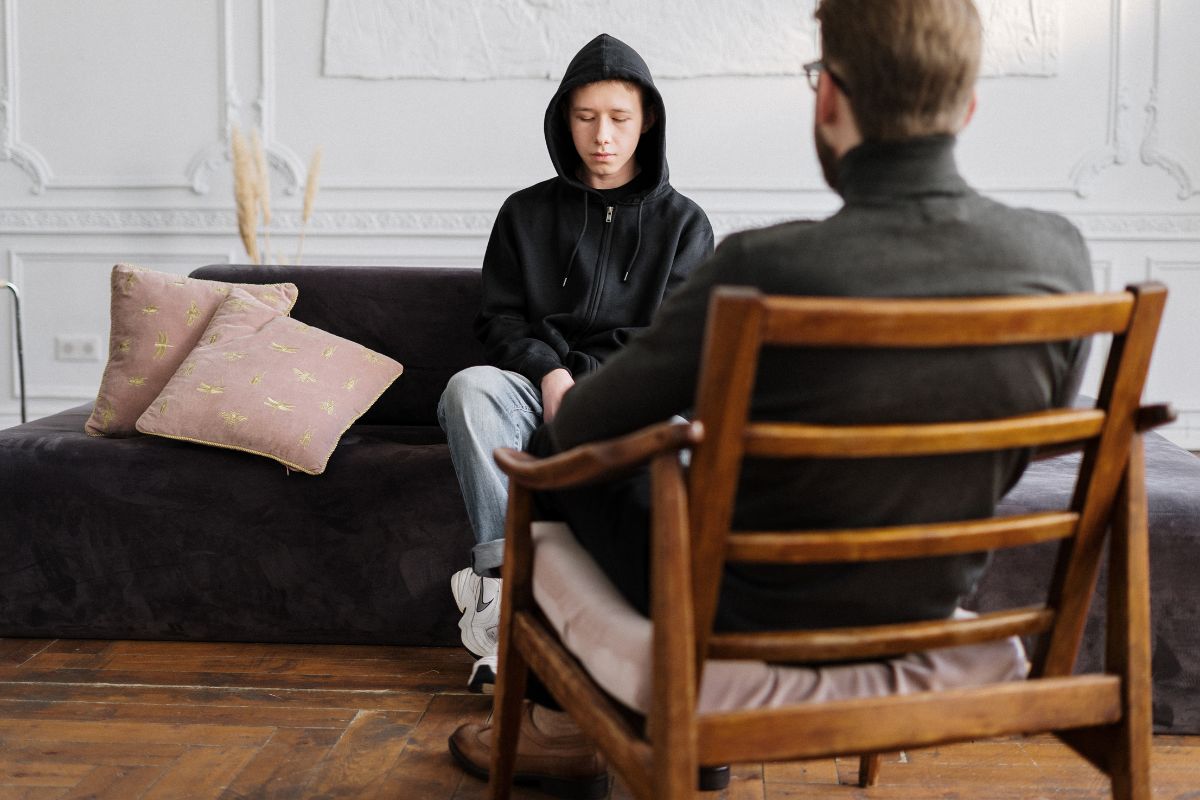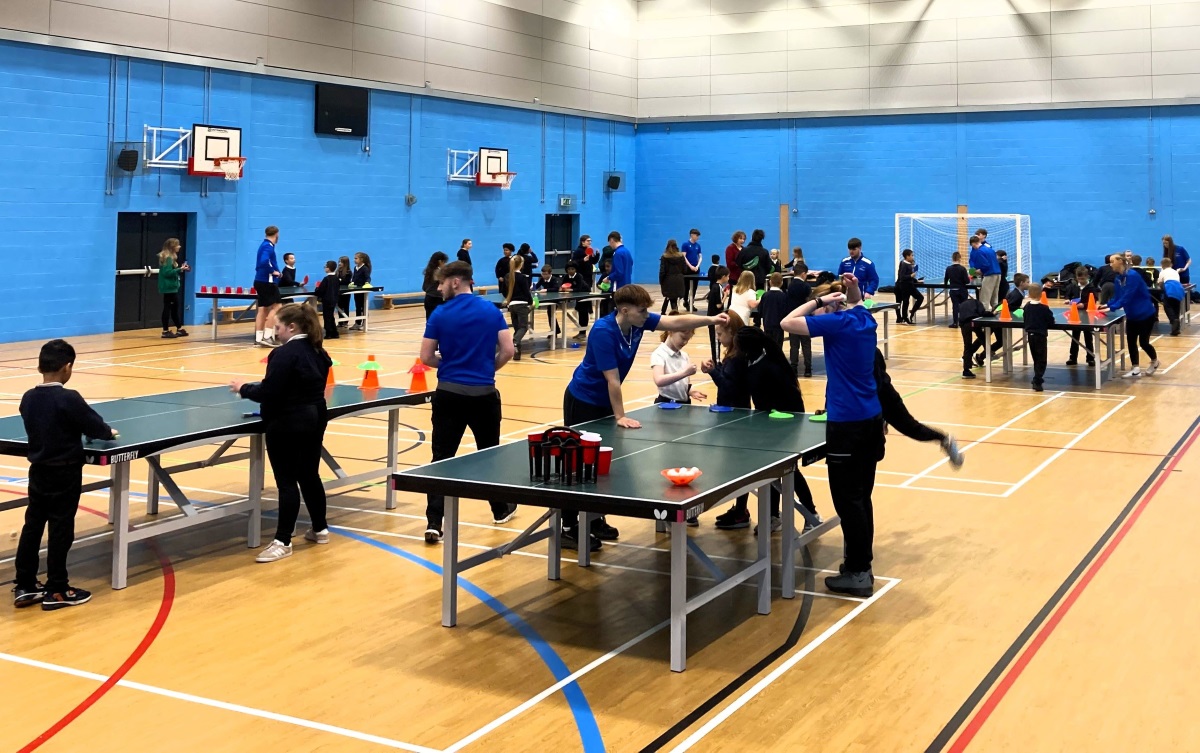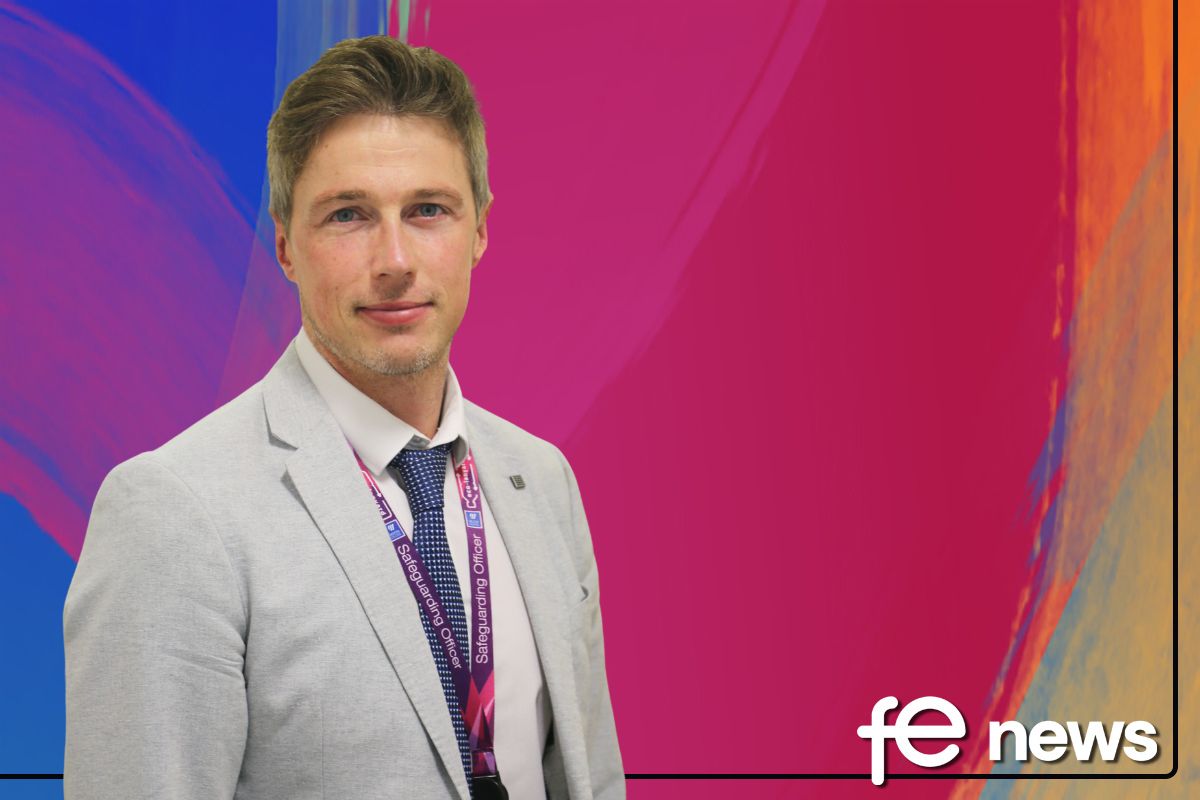£1.25M Grant Awarded to Tackle Mental Health Inequalities in South West London

Camberwell, Chelsea and Wimbledon Colleges of Arts, UAL and Kingston University win £1.25 million UK Research and Innovation bid to address mental health inequalities for marginalised communities in South West London
A pioneering research initiative called The Abundance Project, led by Professor Maria Chatzichristodoulou, Dean of Research and Knowledge Exchange at Chelsea, Camberwell and Wimbledon Colleges of Arts, UAL and Professor Tushna Vandrevala, Professor of Health Psychology at Kingston University, will work with communities to develop models for social prescribing that will give people from minority backgrounds in economically disadvantaged areas of South West London and elsewhere equitable access to cultural provision and green areas.
The Abundance Project is an inter-disciplinary collaboration between the arts and the health sector, working alongside community organisations to create opportunities for everyone, no matter their background, to feel included and supported with their mental health. The project sets out to address the unequitable differences in mental health care for different ethnic groups and will take place over 3 years.
The project was awarded £1.25 million by UK Research and Innovation (UKRI) The Mobilising Community Assets to reduce Health Inequalities programme. The UKRI programme aims to improve health through access to culture, nature and community. The programme is funding a range of projects which seek to tackle entrenched and long-standing health inequalities in Britain’s poorest communities by exploring how health systems can collaborate more effectively with communities.
The Abundance Project was initiated by Professors Maria Chatzichristodoulou and Tushna Vandrevala and will be delivered by a multi-disciplinary team including Professors Jenson and Garside and Drs Brown, Tang and Marrow. We will be working in partnership with 5 community organisations: Refugee Action, Kingston Voluntary Action, Asian Resource Centre Croydon, Connect North Koreaand Reach Foundation, Kingston Borough Council and the local community to ensure that the project design is reflective of the lived experiences of those living in marginalised areas of South West London.
Professor Maria Chatzichristodoulou, Dean of Research and Knowledge Exchange at Camberwell, Chelsea and Wimbledon Colleges of Arts, UAL, lead investigator in the Abundance Project, said:
‘The Abundance Project will create opportunities for Black, minority ethnic, refugee and other underserved communities living in the poorest areas of South West London to benefit from the abundant cultural and green opportunities in the area – galleries, museums, natural spaces – as research demonstrates that engaging with those areas benefits people’s mental health and wellbeing.
Together with our community partners, we will construct a scalable and transferable community-led model for social prescribing. The project uniquely combines arts, health, environmental, and social science research to empower communities. The tested strategies, best practices and learning resources will be transferable to other contexts of health inequality.’
Professor Tushna Vandrevala, Professor of Health Psychology at Kingston University and Co-principal investigator of the project adds:
“The timing of the Abundance Project couldn’t be more apt, as it confronts the enduring intersection of historical and institutional racism, the unprecedented strains on mental health services, and the resounding call for justice epitomised by the Black Lives Matter movement—a reminder that no individual should ever be left behind, no matter who they are or where they live.
Our project embodies a profound paradigm shift away from the traditional deficit-focused approaches to addressing health inequalities. Instead, it champions an ‘abundance mindset,’ recognising the wealth of skills, capabilities and resources within diverse communities. Through collaborative and innovative efforts, we are delighted to be collaborating with communities on inclusive solutions for mental health.”
Sanja Djeric Kane, Chief Executive Officer at Kingston Voluntary Action (KVA), one of the community partners, said about The Abundance Project:
‘This research will help address inequalities that we see all the time, such as racial discrimination, lack of trust in health services, communication challenges, digital exclusion, cultural barriers and social determinants of health such as housing, education and employment.’











Responses